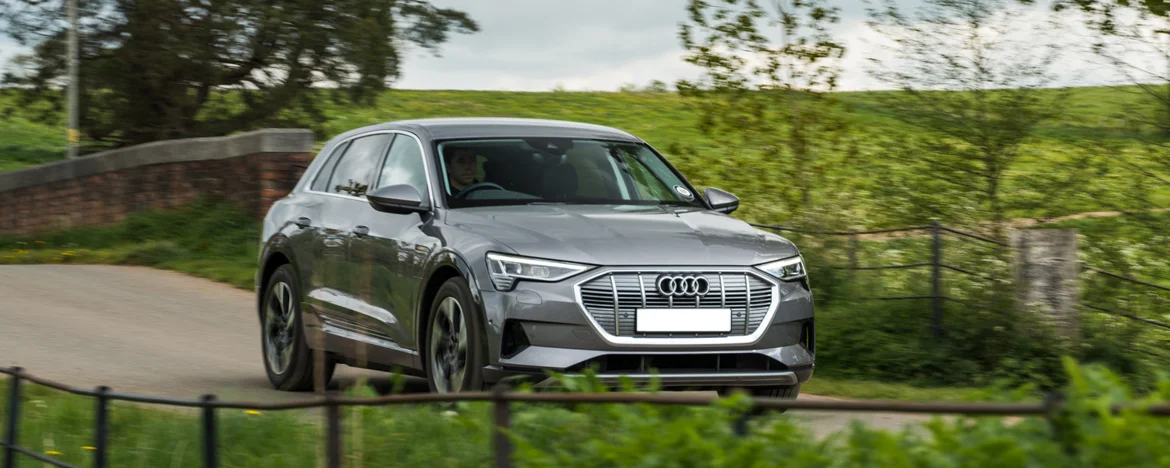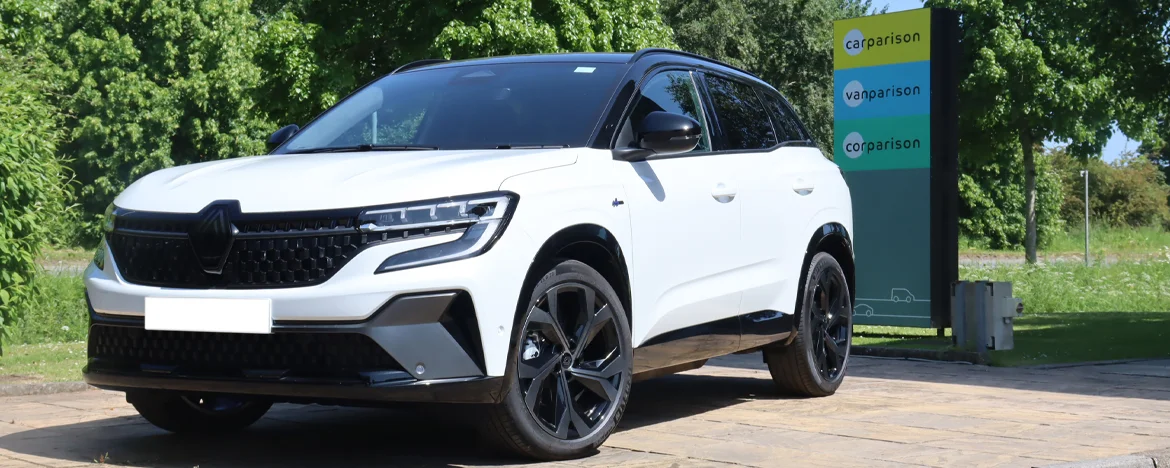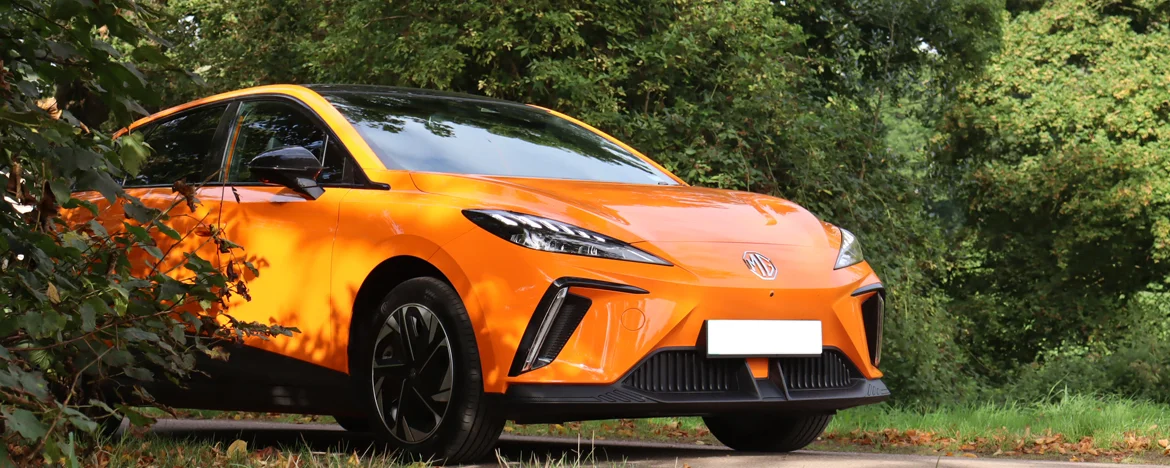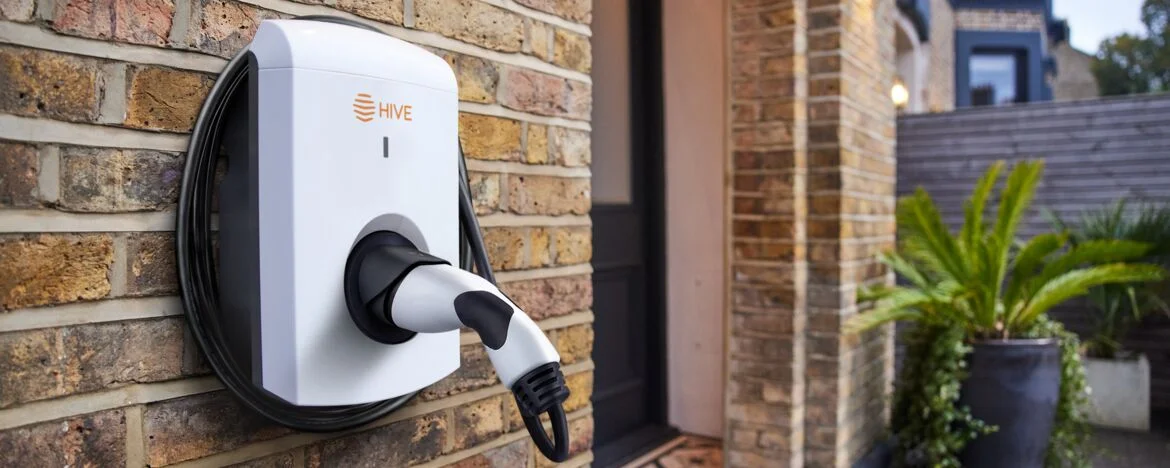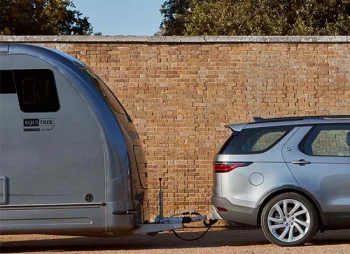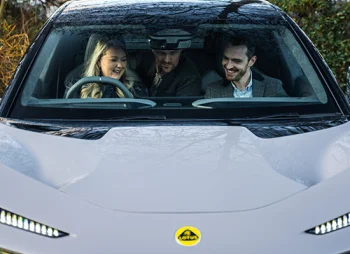Understanding the 2035 ban on new petrol and diesel vehicles
The Government have confirmed a ban on the sale of new petrol and diesel vehicles will come into place from 2035.
The original ban had been put in place back in 2020 during Boris Johnson’s reign as Prime Minister and it was due to come into effect in 2030.
However, in an attempt to weaken some of the Government’s green policies to allow better protection for suffering families during the cost-of-living crisis, Sunak has made several controversial changes, including delaying the 2030 deadline.
Sunak claims that the decision was not one taken lightly, but it will allow more businesses additional time to prepare for their transition to electric vehicles.

